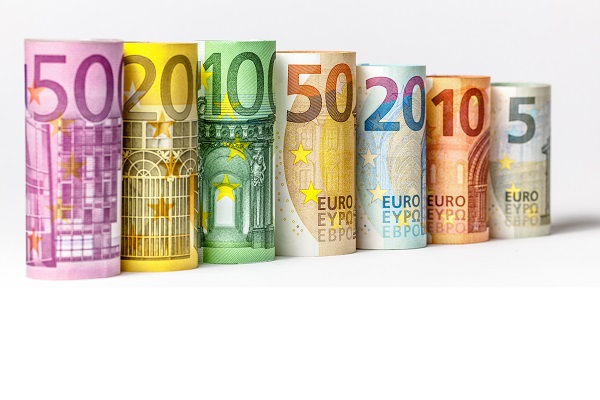Holiday spending abroad is climbing, despite ongoing economic challenges. Recent research indicates a notable increase in the budget allocated for overseas trips.
The study highlights that individuals are prioritising memorable experiences over financial constraints, as travel expenditure continues to rise. This trend suggests a shift in consumer behaviour, underscoring the importance placed on vacationing abroad.
Increasing Budgets for Overseas Travel
According to recent findings by Abta, holidaymakers are allocating more funds for overseas trips despite financial pressures. The average spend per individual has surged significantly, marking an increase of over £59 for short breaks and an additional £231 for extended holidays.
The research shows a current spend of £369 on average for short trips, which climbs to £660 for longer excursions. Families with children over five years old top the expenditure charts for short breaks, spending approximately £431.
Age-Based Spending Patterns
Abta’s findings reveal a distinct pattern in spending based on age groups. Individuals aged 55-64 are the highest spenders on extended holidays, with an average outlay of £721. This suggests that more seasoned travellers are willing to invest considerably in their travel experiences.
There is a noticeable inclination towards prioritising travel even among cost-conscious demographics. This pattern highlights a robust desire for exploration and adventure across various age segments.
Impact of Favourable Exchange Rates
A crucial factor influencing increased spending is the improvement in exchange rates. The pound has seen a 2.1% rise against the euro and a notable 65% increase against the Turkish lira compared to last year.
These improved exchange rates mean that UK travellers receive more value for their money in eurozone countries and Turkey.
This financial advantage encourages higher spending and underlines the strategic financial planning of holidaymakers to maximise their travel budget.
Inflation and its Limited Impact
Graeme Buck from Abta Travel Money points out that inflation alone does not account for the rise in holiday spending. UK prices have witnessed a 9.3% increase over two years, yet overseas expenditure surged by 54% for longer holidays.
This disparity suggests that despite inflation, consumers are investing more significantly in their holiday experiences. It underscores a willingness to prioritise travel as a key aspect of personal enjoyment and fulfillment.
The Shift Towards Experience Over Possession
The research reflects a growing trend among consumers to favour experiences over material possessions. This is further evidenced by increased holiday spending amidst economic pressures, suggesting a shift in consumer values.
People are increasingly inclined to allocate surplus funds towards creating lasting memories. This change in spending behaviour is indicative of a wider societal trend that values experiences that enrich lives.
Strategic Financial Management in Travel Planning
Holidaymakers are engaging in strategic financial management to accommodate increased spending abroad. Planners are integrating favourable exchange rates into their budgeting processes to optimise their spending.
By planning foreign currency exchanges in advance, travellers avoid missing memorable experiences, showcasing savvy financial habits. This approach not only enhances their travel experience but also maximises their financial resources.
Conclusion
Overall, the data suggests a resilient travel sector adapting to economic challenges with strategic fiscal approaches. The trend indicates that consumers prize memorable travel experiences, thereby prioritising them in their expenditure.
In times of fiscal prudence, the desire for enriching experiences continues to drive overseas holiday spending, reflecting a robust market for travel.
The analysis highlights a sustained increase in spending on overseas holidays, driven by a blend of favourable exchange rates and evolving consumer priorities.
Despite economic pressures, the preference for travel experiences remains strong, signifying the enduring appeal of meaningful holidays.

